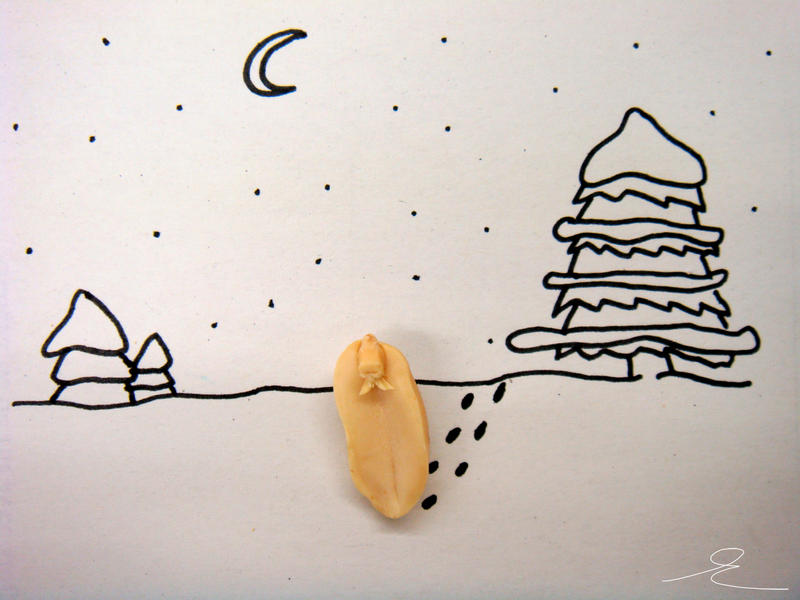I was working with students on a measuring footprints for an activity involving categorization of foot types. We needed a way to quantify the shape of the arch. The students began playing with different dimension on each footprint and determined the method the class would follow after some discussion. I gave them rulers with both English and Metric and did not tell them how to do it. They started measuring and collecting data. The shared their measurements on the board to compare the results and found that, even though they measured each print the same way, none of them had results they could compare. Some used fractions, others used decimals, most used the English system and others used Metric. They were totally confused. How could they have come up with so many different answers when they used the same dimensions? I asked, "Do you want to use decimals or fractions?" This stirred the pot. 7 3/16 was one of the answers. They had no units. Another answer was 8.32 inches. "How do we compare these?" One student shouted,"change the fractions to decimals!" This did not sit well with most. Another student yelled back, "Just use fractions!" So I said, "How do you compare 7 3/16 to 5 6/7?" Somebody shouted,"LEAST COMMON DENOMINATOR!" I said, "Good! Do it!"
Panic ensued. I said, "Do you want fractions or decimals?" Arguing followed because most knew that meant metric system and they wanted nothing to do with the metric system. I said,"How do you add with decimals?" Mumbling. "You line up the decimals and just add," somebody added. Yes this was noisy chaos. They were all engaged and actively participating so who cared. "Metric or English," I added.

I knew this process was essential for them to go through in order to them to realize that the metric system was easier to use and; therefore, more accurate. The metric system is typically taught top down. Students resist using it because they never have the chance to decide that it is easier to use. They encounter the metric system every year probably as a stand alone lesson that a teacher is required to teach but that is practically unenforceable because our country lacks the desire to use it. In some small way, I allowed my students to acknowledge that the metric system is better even if they never use it again.
Teach with adventure!
